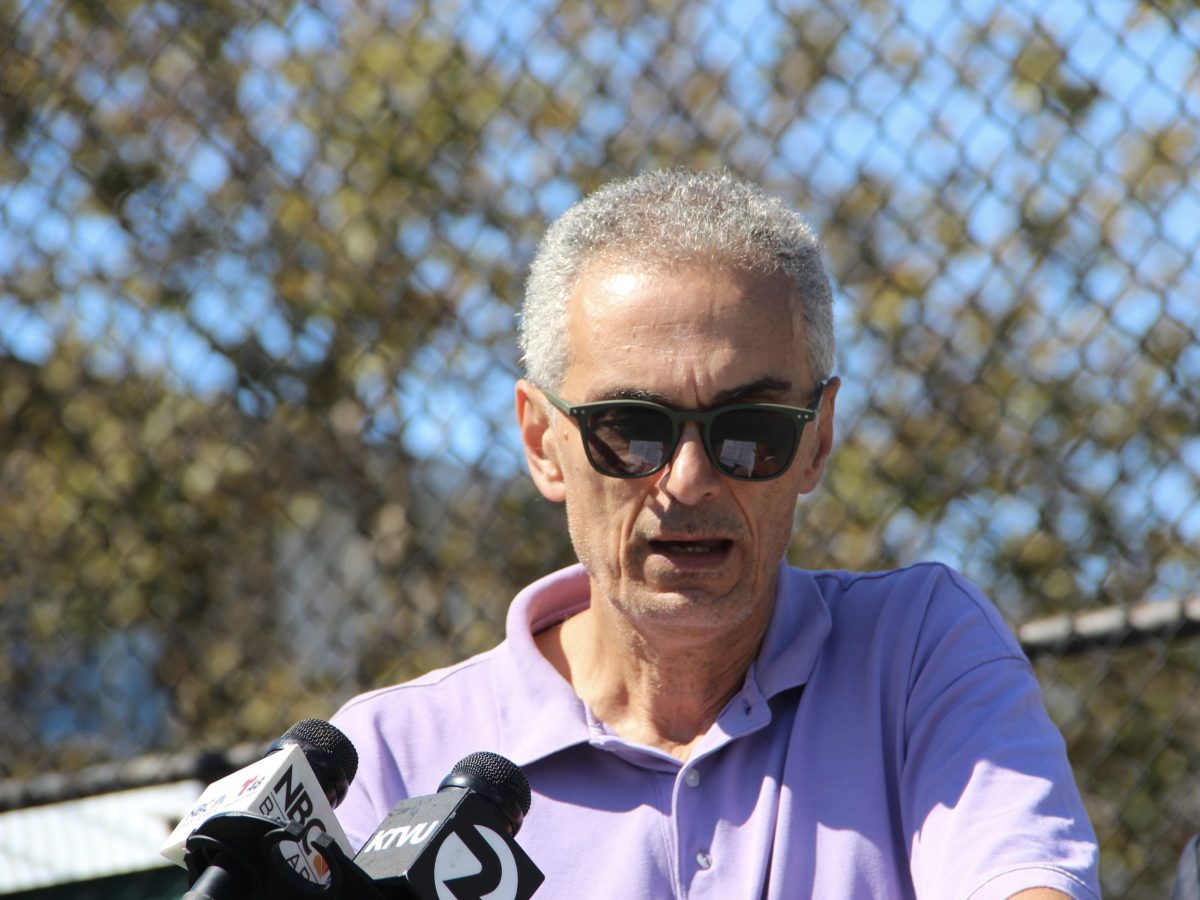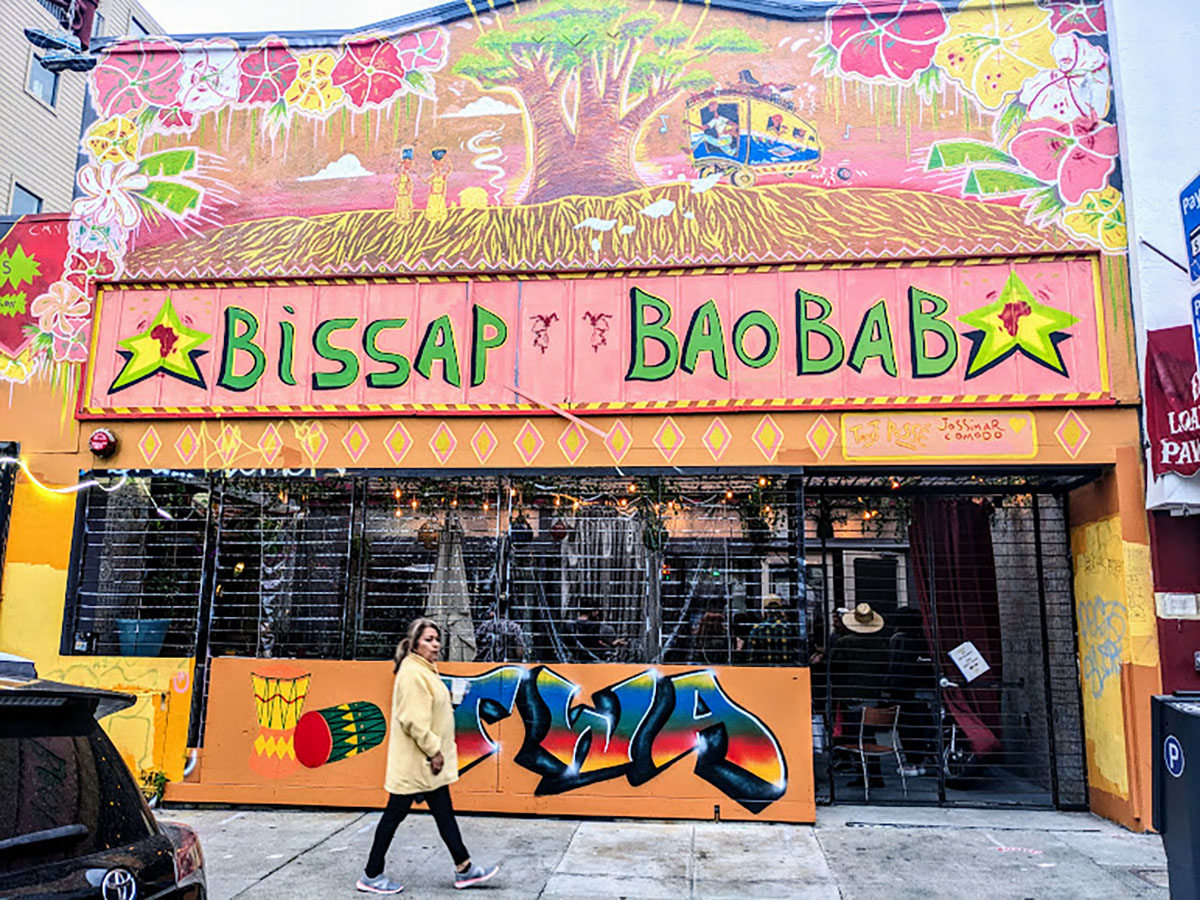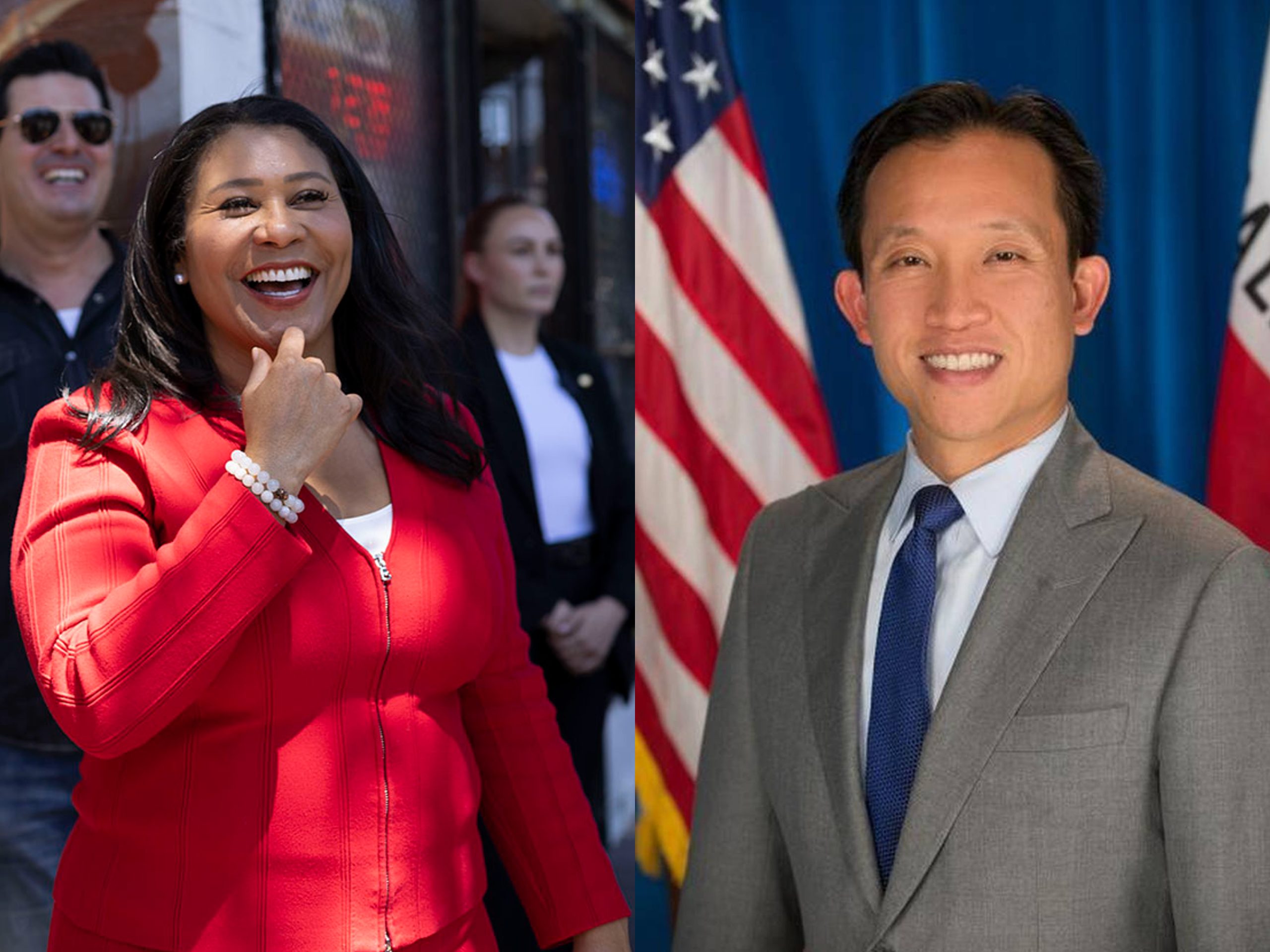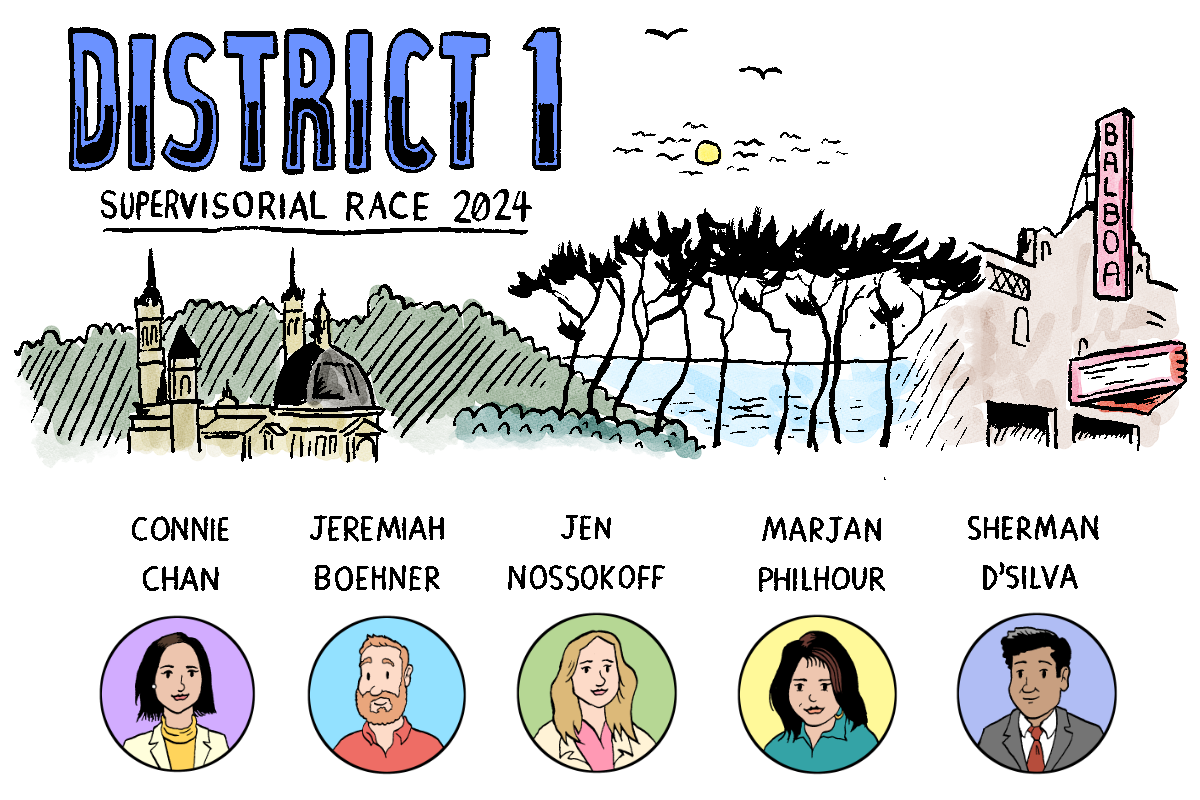[ad_1]
Five neighbors of Showell Street in the Mission District filed a lawsuit on Tuesday against San Francisco over what they called the city’s inability to address sex work on their street, as well as frequent public urination and drinking at Jose Coronado Playground.
The filing of a lawsuit has quickly resulted in action: Mayor London Breed and Supervisor Hillary Ronen this morning announced via a press release that the city will install barricades and cameras along Shotwell, similar to the barriers on Capp Street nearby, to deter sex work and cruising.
The city will also start issuing “Dear John” warning letters that would be mailed to the owners of cars “seen in a known area for prostitution activity” in order to “discourage such behavior by notifying drivers” — and, perhaps, their families.
“Additionally, it is possible that others residing at the vehicle owner’s address may also become aware of the letter’s content upon its arrival,” the announcement continued.
The plaintiffs claimed the city’s decision last year to install barriers on Capp to deter sex work had only moved the problem onto Shotwell. Asked if the city’s hurried response to install yet more road barriers was satisfactory, lead plaintiff Ayman Farahat responded that “We will believe it when we see a real difference, not a press release.”
Farahat stood alongside his neighbors and co-plaintiffs on Wednesday morning at a press conference at Jose Coronado Park, at Shotwell and 21st, officially announcing the suit. He said then that he was looking for permanent solutions, not road closures.
“Moving Johns and pimps from Capp Street to Shotwell Street does not help address the root causes,” Farahat said.

Most of the plaintiffs live on Shotwell near the park, which most weekend nights is a haunt for sex workers — several stand on the corners of Shotwell and South Van Ness Avenue for a block in either direction of 21st Street.
The plaintiffs said they had no option but to file the lawsuit after City Hall, the San Francisco Recreation and Parks Department, and the San Francisco Police Department failed to act after multiple calls and complaints.
“For years, we’ve been pleading with the city to address these problems, but our efforts have been met with rehearsed indifference that borders on neglect,” said Farahat, who has lived on Shotwell for seven years. “These conditions have taken a considerable toll on our quality of life and enjoyment of our property.”
Vicky Mojica, a nearby resident, exited Jose Coronado Park on Wednesday morning just minutes after the plaintiffs’ press conference ended. She has two kids and brings them to the playground three times a week.
“It’s uncomfortable because there are men who are smoking and sometimes they hang out at the playground,” she said in Spanish. She said she was glad someone was pursuing a lawsuit.
The City Attorney’s Office, for its part, said it would review the complaint whenever it received official documentation.
The lawyer representing the plaintiffs is John Potter from Quinn Emanuel Urquhart & Sullivan. Legal observers recognized Potter as an excellent lawyer and his firm is internationally known. The communications consultant for the plaintiffs is Jess Montejano, who currently works as the spokesperson for mayoral candidate Mark Farrell.
When asked how the neighbors were paying for attorneys and professional communications consultants, Farahat said, “No comment.” When asked about Montejano’s relation to the suit, he said, “We work with the best.”
San Francisco has been sued over street conditions before
This is not the first time that San Francisco has been sued regarding chaotic conditions and a lack of city services.
In 2020, UC Law San Francisco (formerly UC Hastings) sued the city over street conditions in the Tenderloin. The city subsequently entered into a settlement in which it is mandated to make good-faith efforts to reduce the neighborhood’s tent count.
But that settlement did not set a precedent. In March, a group of Tenderloin residents and two hotels filed suit against San Francisco, claiming the city was not doing enough to address open drug dealing and consumption, tent encampments and violent behavior. That federal lawsuit was on July 19 gutted by Judge Jon S. Tigar, who dismissed eight of its 11 counts.
“The strongest case is if you can show the city actively did something to bring the problem to the neighborhood. The mere failure of the city to enforce laws and not take action regarding the obvious prostitution and drug-use on Shotwell – that usually is not going to survive.”
Matthew Davis, attorney
Matthew Davis, a UC Law alum and one of the lead attorneys for the law school, saw both similarities and differences between the 2020 case and the suit filed yesterday.
“It is similar in that it is a suit borne out of the city clearly treating these neighborhoods differently,” said Davis. “There is no doubt that if what is happening on Shotwell were happening in the Marina or North Beach, the city would respond differently. There would be tremendous enforcement if it was happening at Divisadero and Broadway.”
But, while similar, the situations are not identical. The law school has alleged that San Francisco, critically, has taken “affirmative conduct” that has worsened the conditions in the Tenderloin. This would include disseminating drug kits to addicted persons living on the streets in that neighborhood, thereby both entrenching them on-site and potentially drawing outsiders.
It is not clear if anything alleged in the Shotwell suit constitutes “affirmative conduct.”
“The courts and legal doctrine have set up a pretty high burden you have to clear to sue the city, ” Davis said. “The strongest case is if you can show the city actively did something to bring the problem to the neighborhood. The mere failure of the city to enforce laws and not take action regarding the obvious prostitution and drug-use on Shotwell – that usually is not going to survive.”
Davis is not certain if the contention made in the suit that erecting vehicular barriers on Capp Street triggered lawlessness on nearby Shotwell will suffice.
“That,” he said, “is going to be for a judge to decide.”
[ad_2]
Source: missionlocal.org






